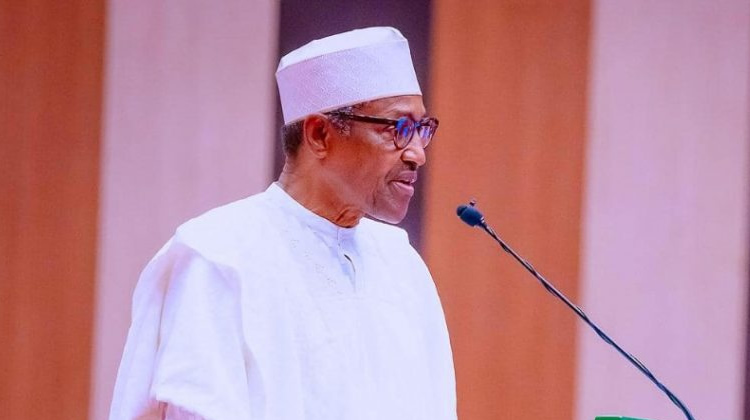President Muhammadu Buhari says the Federal Government has made landmark transformational investments in Infrastructure since inception of the administration in 2015.
Buhari said this when he presented the 2023 budget to the National Assembly on Friday, October 7.
He said in 2021, the administration established the Infrastructure Corporation of Nigeria (InfraCorp) with seed capital of N1 trillion from Central Bank of Nigeria (CBN), the Nigeria Sovereign Investment Authority (NSIA) and the Africa Finance Corporation (AFC).
Read Also: Lawan Expresses Dissatisfaction Over Oil Theft In Nigeria
He said it leveraged on finance through the NSIA into the Presidential Infrastructure Development Fund (PIDF) to facilitate the completion of the Second Niger Bridge, Lagos-Ibadan Expressway and the Abuja-Kano Highway.
The President said the road Infrastructure Tax Credit Scheme, pursuant to Executive Order 7 of 2019, incentivised responsible companies to invest billions of naira in constructing over 1,500km critical roads in key economic corridors.
Under the scheme, he said the Dangote Group had substantially completed the reconstruction of 34km Apapa-Oworonshoki-Ojota Expressway and the 43km Obajana-Kabba road.
He added that Nigeria LNG Limited was on track to complete the 38km Bodo-Bonny Road and Bridges Project by the end of 2023.
Buhari said under the Sukuk Bonds scheme since 2017, over N600 billion had been raised and invested in 941km for over 40 critical road projects nationwide.
He added this complemented the Ministry of Works and Housing’s Highway Development and Management Initiative and other interventions.
Buhari said the adminstration had invested significantly to restore the national railways.
He said it completed and commissioned the 156km Lagos-Ibadan Standard Gauge Rail (and its 8.72km extension to Lagos Port); the 186km Abuja-Kaduna Standard Gauge Rail and 327km Itakpe-Warri Standard Gauge Rail.
These completed projects complement our ongoing investments in light rail, narrow and standard gauge rail, ancillary facilities yards, wagon assembly plants.
Others are E-Ticketing infrastructure as well as the training and development of our rail engineers and other workers.
He said the government had completed new Airport Terminals at Lagos, Abuja, Kano and Port Harcourt, and reconstructed the Abuja Airport runway in its first overhaul since its construction in the early 1980s.
Other investments in airports safety facilities, aeronautical meteorological services delivery complement ongoing development of seaports and ancillary infrastructure.

